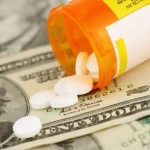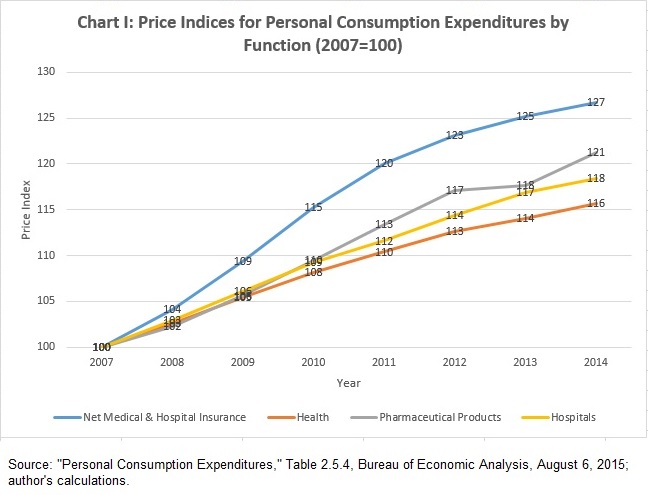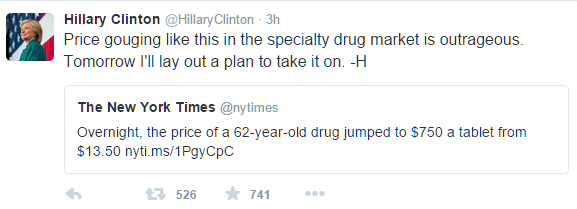 Britain’s government-monopoly (single-payer) health plan, the National Health Service (NHS) has announced plans to stop paying for the most innovative, lifesaving drugs:
Britain’s government-monopoly (single-payer) health plan, the National Health Service (NHS) has announced plans to stop paying for the most innovative, lifesaving drugs:
More than 5,000 cancer patients will be denied life-extending drugs under plans which charities say are a “dreadful” step backwards for the NHS.
Health officials have just announced sweeping restrictions on treatment, which will mean patients with breast, bowel, skin and pancreatic cancer will no longer be able to receive drugs funded by the NHS.
In total, 17 cancer drugs for 25 different indications will no longer be paid for in future.
Charities said the direction the health service was heading in could set progress back by centuries.
The Cancer Drugs Fund was launched in 2011, following a manifesto pledge by David Cameron, who said patients should no longer be denied drugs on cost grounds.
Drugs which will no longer be funded include Kadcyla for advanced breast cancer, Avastin for many bowel and breast cancer patients, Revlimid and Imnovid for multiple myeloma, and Abraxane, the first treatment for pancreatic cancer in 17 years.
(Laura Donnelly, “Thousands of Cancer Patients to be Denied Treatment,” The Telegraph, September 4, 2015)
This is the second round of cuts this year. All in all, reimbursement for 25 drugs used by about 8,000 patients has been cut off. Unfortunately, this is not surprising.
Read More » »
 (A version of this Health Alert appeared in the Orange County Register.)
(A version of this Health Alert appeared in the Orange County Register.)







